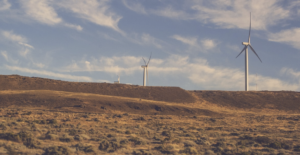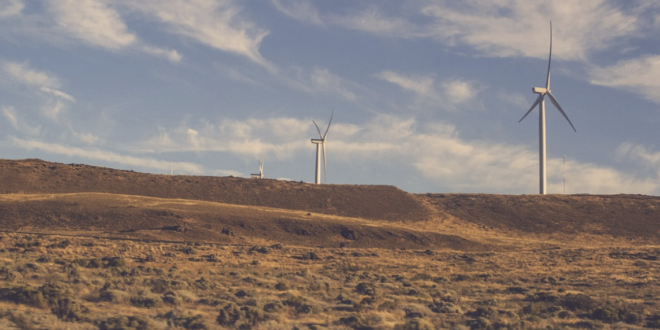From the point of view if renewable energy for electricity, New Zealand has been a relatively lucky country. We have ample hydro capacity and back in the 50s and 60s when environmental concerns did not figure so much in the thinking, we built hydro dams like crazy. Environmental concerns means that increases in hydro from now on will be much smaller and less likely.
Similarly we have been lucky with geothermal energy with much of the early development based on relatively shallow fields with reasonable costs. There is still geothermal energy there but it is deeper and more expensive to extract.
There are also much smaller contributions being made from options such as wind, solar water heating and solar panels. Research has also been done on using both wave energy and tidal energy but both are generally more difficult and expensive.
I think it can be taken as read that more hydro and geothermal will be developed as and when the economics stack up, environmental concerns are met and the increases in demand justify more generation. One of three huge advantages of these options (with a bit of a caution on hydro) is that that they operate all the time – they are not weather dependent. The caution on hydro is because they can’t be depended on so much in a dry year.
At present I don’t think that matters too much because the proportion of “other” renewables is too small. However, if they become a significant proportion they do begin to present a problem because wind turbines only generate when the wind is blowing (and not too fast – they shut down in a gale) and solar cells only generate when the sun is shining. Under those conditions we need something in reserve to keep the system operating – that can either be storage or a fossil full powered power station) – gas turbines are generally the favoured option.
 If and when renewables grow, cost may also become an issue. Wind turbines area good example, they cost next to nothing to operate because that just use the wind, but they are capital intensive and thus costly to build. The manufacture and installation of turbines use materials like steel and concrete which at this stage are largely dependent on fossil fuels for their manufacture.
If and when renewables grow, cost may also become an issue. Wind turbines area good example, they cost next to nothing to operate because that just use the wind, but they are capital intensive and thus costly to build. The manufacture and installation of turbines use materials like steel and concrete which at this stage are largely dependent on fossil fuels for their manufacture.
I think these are problems for a future which is still distant but the distance could collapse. There would for example be plenty of capacity in the system if the Comalco smelter closed and Manapouri power was released for general use. However, if the smelter keeps going other factors will gradually come into play. In particular:
- As the population increases demand generally increases as well – there are offsets to this through things like efficiency improvement but it is still a factor.
- If options such as electric cars really take off (and certainly corporates seems to be reacting to the current signal from the government) that will increase demand, although one of the advantages of electric cars is that they contain battery storage so that would at least partly solve the storage problem.
- And life would become much more difficult if we eventually ran out of gas to provide backup – we would presumably have to look at storage options more closely.
One of the most popular options at household level is that of solar cells and I will talk about that in future article.
Start a discussion on this topic…
This is another of Bas Walker’s posts on GrownUps. Please look out for his articles, containing his Beachside Ponderings.









Stephanie - 9 years ago
The use of fossil fuels is polluting water and air.The use of renewable energy is the only answer to this.